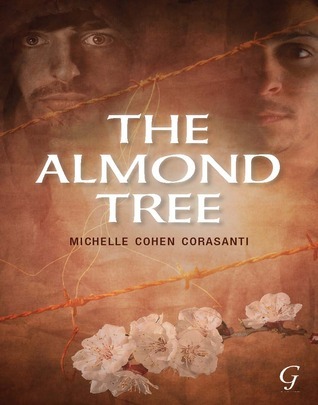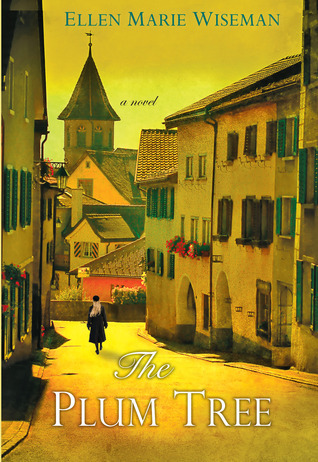
The Almond Tree
Book Description
Amidst the shadows of war and despair, a young boy clings to hope, destined to break the chains of generational conflict. As tensions rise in a land fractured by violence, the story of one family's struggle draws readers into a heart-wrenching journey of love, loss, and courage. With dreams of education and a future brighter than the olive trees that dot the landscape, his resolve is put to the test at every turn. Can one daring spirit defy fate and inspire change in a world that seems determined to crush it? What sacrifices will it take to nurture the seeds of freedom?
Quick Book Summary
"The Almond Tree" by Michelle Cohen Corasanti is a powerful historical fiction novel set against the backdrop of the Israeli-Palestinian conflict. The story follows Ichmad Hamid, a Palestinian boy whose family is shattered by war, poverty, and the harsh realities of life under occupation. Despite immense hardship and tragedy—including losing his childhood, facing daily discrimination, and enduring devastating personal losses—Ichmad’s gift for mathematics offers a glimmer of hope. Through his journey from humble beginnings to academic achievement, the novel explores themes of perseverance, forgiveness, and the struggle for peace. Ichmad’s resilience and determination challenge generational cycles of hatred, illuminating the power of hope, education, and compassion to foster transformative change in the midst of violence and despair.
Summary of Key Ideas
Table of Contents
Resilience in the Face of Adversity
Amid the ravages of war in a Palestinian village, Ichmad Hamid’s childhood is abruptly altered by violence and loss. His father’s unjust imprisonment leaves the family destitute, forcing young Ichmad into the role of provider. Life under Israeli occupation is relentless; daily survival demands courage and ingenuity, and the fear of further tragedy looms constantly. His early years, though marred by suffering, are marked equally by a fierce loyalty to his family and dreams for a brighter future.
The Transformative Power of Education
Ichmad’s innate brilliance, particularly in mathematics and science, becomes a beacon of hope. Though opportunity appears stifled by political and social barriers, a scholarship to a prestigious Israeli university changes the trajectory of his life. The academic world, while opening doors, also brings new challenges: Ichmad faces prejudice and must navigate tensions between his Palestinian identity and the environment in which he studies. Nonetheless, education becomes his vehicle for empowerment and change.
The Complexity of Family and Loyalty
Relationships shape Ichmad’s evolution as he grapples with his role within his family, community, and the larger conflict. His bond with his brother Abbas, who chooses a path of resistance, underscores ideological divides within their family. While Ichmad pursues reconciliation and peaceful solutions, Abbas succumbs to anger and violence, highlighting the struggle between vengeance and forgiveness amidst oppression.
Breaking the Cycle of Hatred and Seeking Reconciliation
Throughout his journey, Ichmad endures enormous personal sacrifices, including cultural alienation and strained familial ties, for the promise of a better future. His resolve to rise above prejudice and conflict symbolizes hope for peace. He champions the transformative potential of education, empathy, and forgiveness to break cycles of suffering that have defined generations.
Ultimately, "The Almond Tree" is a testament to the indomitable human spirit. Through Ichmad’s story, the novel sheds light on the enduring impact of war but also the capacity of individuals to foster change. The eponymous almond tree, a symbol of resilience and renewal, reflects the possibility of growth amid adversity—a call to nurture seeds of understanding and peace, even in the most inhospitable landscapes.
Download This Summary
Get a free PDF of this summary instantly — no email required.





